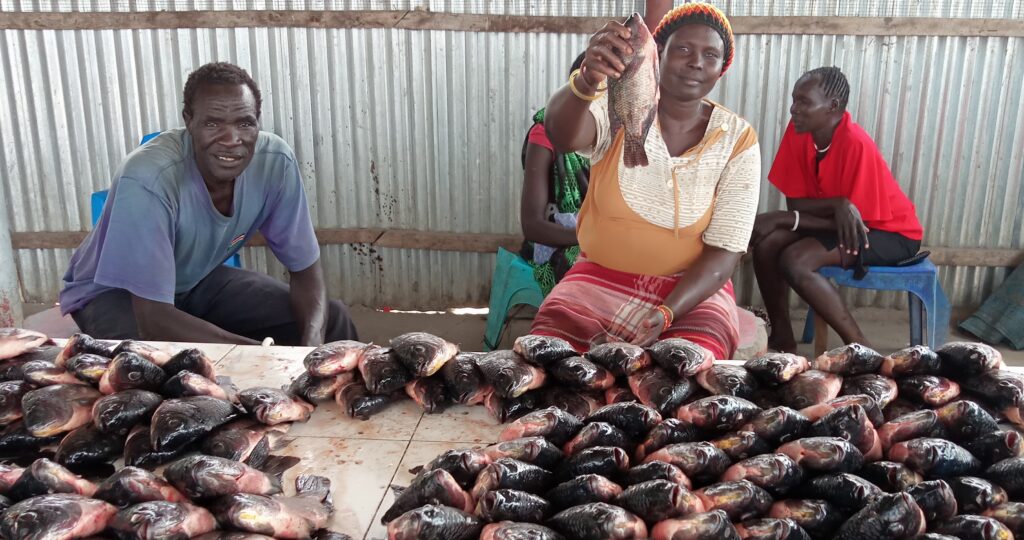Fishing is a common economic activity among communities in South Sudan’s Jonglei State, but prices of both fresh and dry fish are on the rise in the capital, Bor, residents have said.
In interviews conducted by Radio Tamazuj, several fish sellers said they have incurred huge losses having been forced to increase prices in fish markets, due to inflation and the high taxes state authorities impose.
“We are not making any profit. We are just dealing in fish for our survival,” said Rebecca Ajang, a fish seller in Bor.
The 69-year old said fish business was booming when she started in 2015, but it lost momentum as the country’s economy dwindled.
“We buy fish from fishermen in swamps and islands and transport to Bor for resale. Here, prices of goods in markets are too high. We increase prices to get something for our children,” said Ajang.
Currently, fish prices reportedly range between 200 and 2,000 South Sudanese Pound (SSP) or more, depending on sizes sold in markets.
Before 2016, however, fresh fish reportedly cost between 10 to 300 SSP.
The rise in prices means an average citizen can hardly afford fish, as fish vendors blame the increase on the current economic meltdown.
Mary Nyandit, another business lady, said inflation has caused the rise in fish prices, which has also led to decline in purchasing power.
“Our business is very risky. And since fish is perishable, sometimes we incur losses if there are no customers,” said Nyandit.
Akur Deng, a resident of Bor town, said a family spends about 1,000 SSP for a fish meal and this has deterred many from buying fish.
She urged the relevant authorities to reduce fish prices for the locals.
The Director for Revenue in Bor Municipal Council, Samuel Ateny Page said government takes no blame for fish scarcity and price rise.
He said only 2 SSP is levied as tax for per fish, a claim fishermen refute.
“There are at least three middlemen [involved] before fish reaches a final consumer. This caused the [price rise], not taxes,” said Ateny.
The official has urged Bor residents to cooperate with municipal authorities in spotting illegal fish dealers to allow a drop in fish prices.
Meanwhile the Director General for Programs and Mechanization in the State Ministry of Agriculture, Atem de Gak Atem said high demand for fish outside Bor has led to scarcity, hence the price rise.
“There is overfishing in Jonglei, but fish prices are still high. For us, we cannot interfere since there are no laws. Now, people even use net not recommended,” said Atem.
He stressed that the absence of laws governing the fish industry hinders the ministry from regulating fishing, the supply and sale of fish.
The official warned that overfishing in the Sudd area of Jonglei remains a threat to fish species and could affect the tourism industry.
He appealed for provision of laws and funding for the fish industry.
The Sudd, the world’s largest freshwater ecosystem extending from Mangalla in Central Equatoria region to Sobat River in the Greater Upper Nile region, is home to large fish population in South Sudan.




